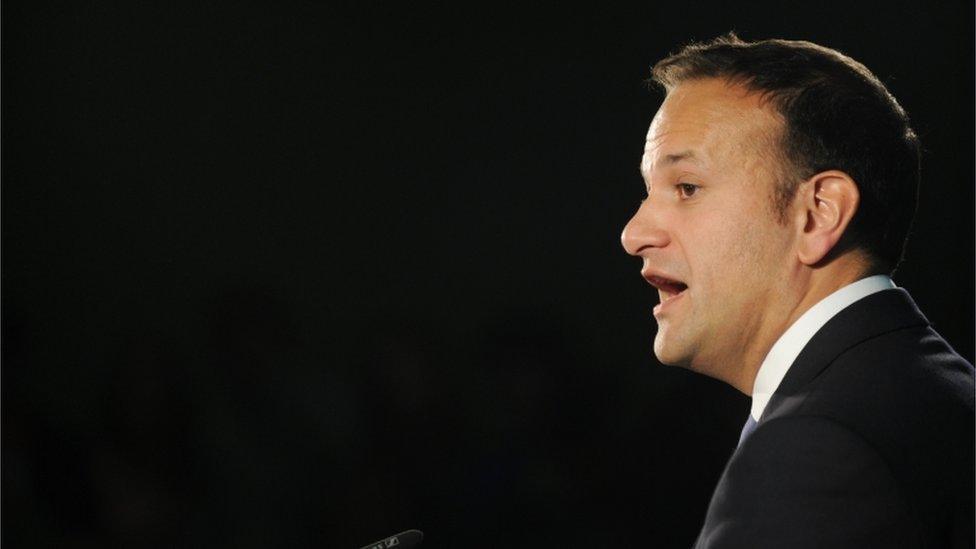Big Ben silenced - but Brexit clocks are ticking
- Published
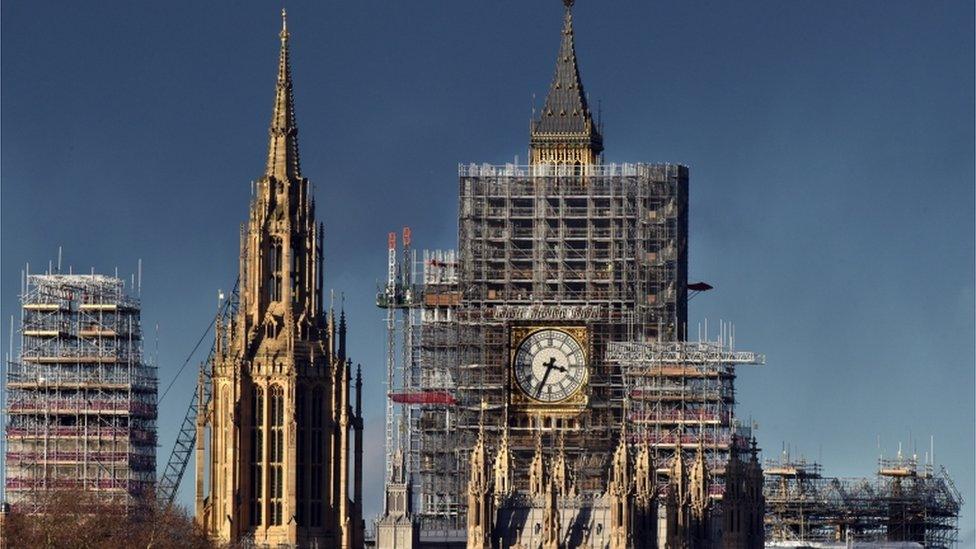
Big Ben chimed for the last time in August and will not sound until 2021
Last night, MPs engaged in a bizarre ritual leaping to their feet at the moment the debate on the meaningful vote on the Brexit deal should have recommenced.
An opposition MP beat the government whip to the punch by shouting "now".
But the Speaker made it clear he had to give priority to the whip's competing acclamation "tomorrow". A concerned Labour MP grabbed the ceremonial mace as a symbolic protest.
The parliamentary etiquette may be archaic but it served to remind observers there are some things governments can do that oppositions cannot.
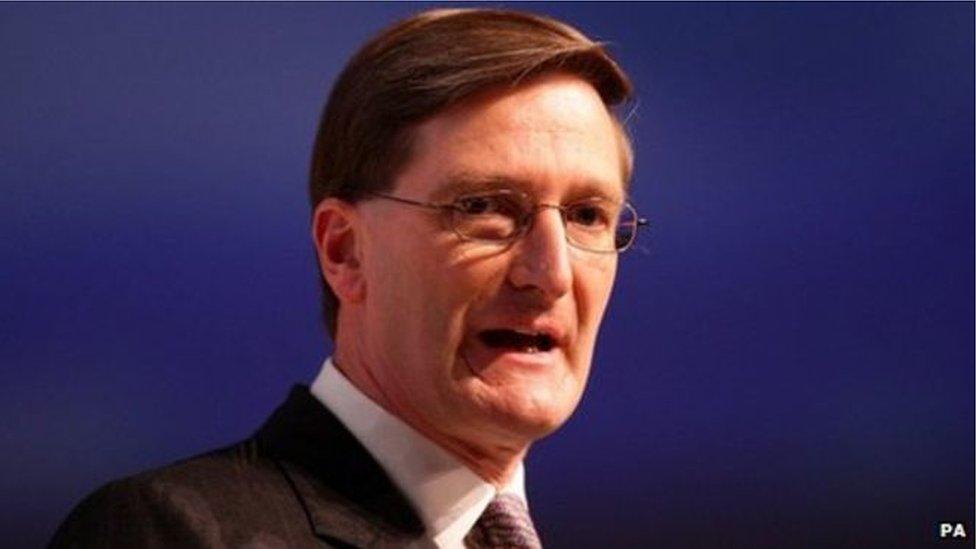
Dominic Grieve's amendment may have promised more than it delivered
Not so long ago the talk was that an amendment brought by the Conservative Dominic Grieve shifted the power over what kind of Brexit track the UK might eventually take from the PM to ordinary backbenchers.
The talk was of either a softer Norway-style Brexit, or revoking or suspending Article 50 in order to facilitate another referendum.
However, parliament is more unwieldy than the government and it might take time for it to shift towards these options.
Although Theresa May's U-turn on the Brexit vote could hardly be described as a cunning plan, it does eat up more time which, of itself, may close down some options for her opponents.
The SNP, for example, has been calling for a no-confidence vote in the government. but Labour is reluctant to contemplate this tactic unless it is certain it can win.
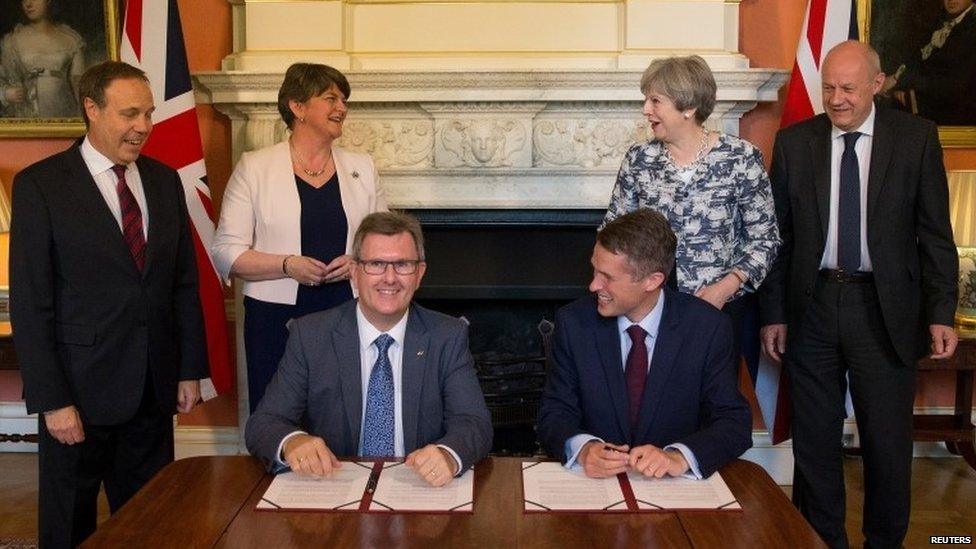
The deal is done - DUP MP Jeffrey Donaldson and Tory Chief Whip Gavin Williamson signed on the dotted line in June 2017
On BBC Newsline, Nigel Dodds reiterated that the DUP would continue, despite all its concerns about Theresa May's Brexit plan, to back the Conservatives in a no-confidence vote.
It seems highly unlikely that Theresa May will secure the kind of concessions from EU leaders required to pacify either the DUP or the ardent Brexiteers in her own ranks.
However, the latest diplomatic activity eats up time and brings the UK's departure date closer.
Could that lead to a situation in, say, February in which, whether or not Theresa May remains in Number 10, only the deal already negotiated or a stark no deal appear feasible options?
Much to the disappointment of tourists, you cannot get a clear view of Big Ben these days due to the scaffolding in place whilst work continues on the famous Westminster landmark.
But when it comes to Article 50 other clocks are ticking.
- Published11 December 2018
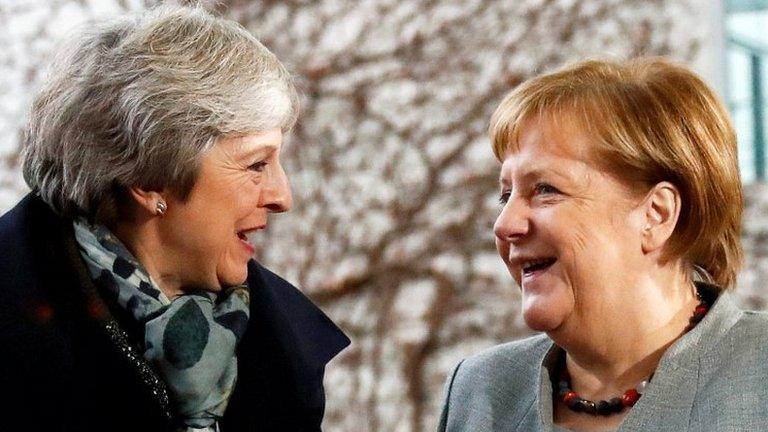
- Published10 December 2018
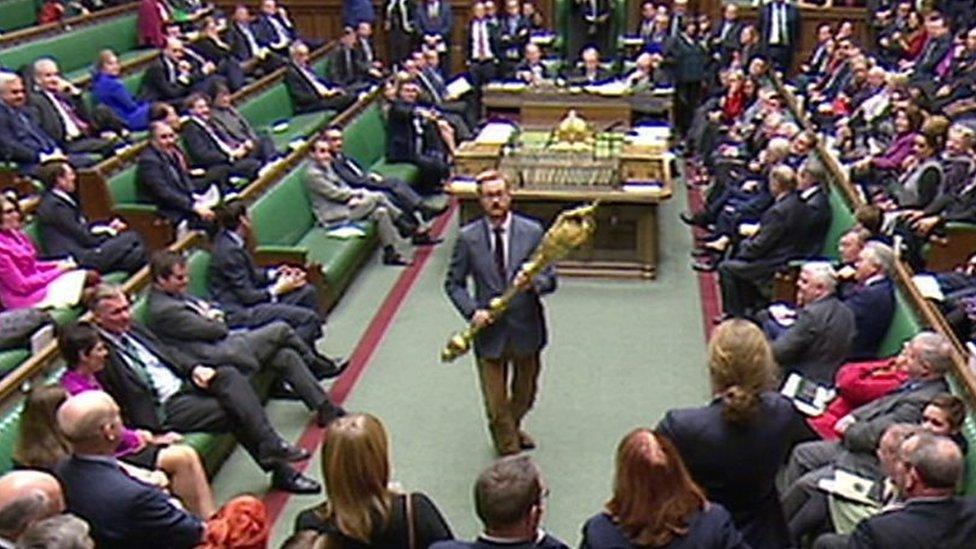
- Published11 December 2018
